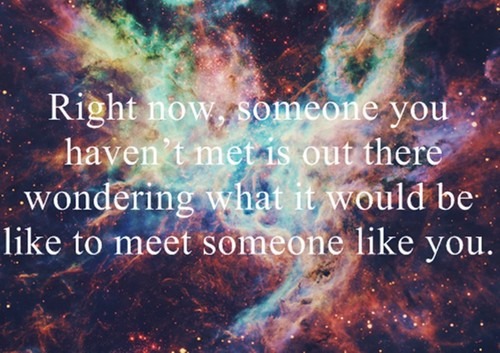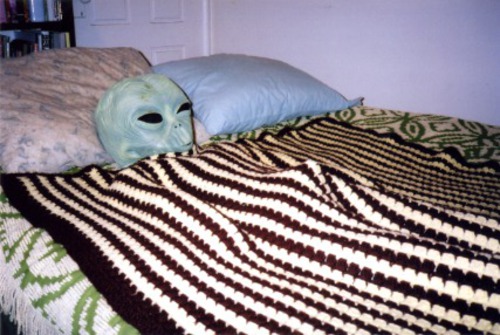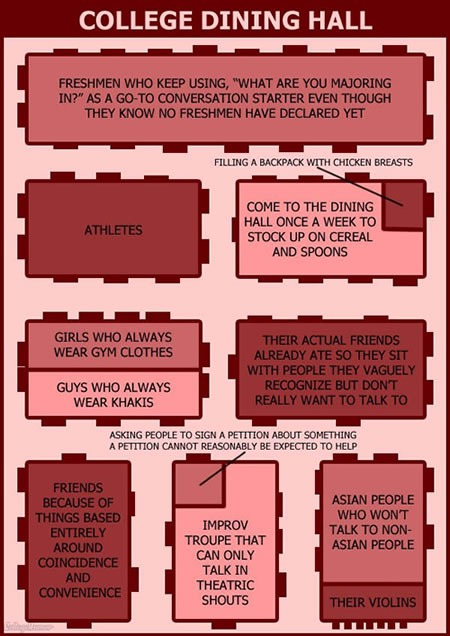« April 2011 | Main | July 2011 »
Tuesday, 17 May 2011
Thursday, 05 May 2011
Correction on the Usefuless of Torture
I recently overheard someone explaining that intelligence acquired by means of torture was crucial in determining the whereabouts of Osama bin Laden, which determination led to bin Laden’s death by US armed forces.
This lie must be exposed as a lie wherever it appears.
As intelligence officials disclosed the trail of evidence that led to the compound in Pakistan where Bin Laden was hiding, a chorus of Bush administration officials claimed vindication for their policy of “enhanced interrogation techniques” like waterboarding.
Among them was John Yoo, a former Justice Department official who wrote secret legal memorandums justifying brutal interrogations. “President Obama can take credit, rightfully, for the success today,” Mr. Yoo wrote Monday in National Review, “but he owes it to the tough decisions taken by the Bush administration.”
But a closer look at prisoner interrogations suggests that the harsh techniques played a small role at most in identifying Bin Laden’s trusted courier and exposing his hide-out. One detainee who apparently was subjected to some tough treatment provided a crucial description of the courier, according to current and former officials briefed on the interrogations. But two prisoners who underwent some of the harshest treatment — including Khalid Shaikh Mohammed, who was waterboarded 183 times — repeatedly misled their interrogators about the courier’s identity.
The discussion of what led to Bin Laden’s demise has revived a national debate about torture that raged during the Bush years. The former president and many conservatives argued for years that force was necessary to persuade Qaeda operatives to talk. Human rights advocates, and Mr. Obama as he campaigned for office, said the tactics were torture, betraying American principles for little or nothing of value.
Glenn L. Carle, a retired C.I.A. officer who oversaw the interrogation of a high-level detainee in 2002, said in a phone interview Tuesday, that coercive techniques “didn’t provide useful, meaningful, trustworthy information.” He said that while some of his colleagues defended the measures, “everyone was deeply concerned and most felt it was un-American and did not work.”
Obama administration officials, intent on celebrating Monday’s successful raid, have tried to avoid reigniting a partisan battle over torture.
“The bottom line is this: If we had some kind of smoking-gun intelligence from waterboarding in 2003, we would have taken out Osama bin Laden in 2003,” said Tommy Vietor, spokesman for the National Security Council. “It took years of collection and analysis from many different sources to develop the case that enabled us to identify this compound, and reach a judgment that Bin Laden was likely to be living there.”
Scott Shane and Charlie Savage
Tuesday, 03 May 2011
Wanna Grab Lunch?
Joel Spolsky» recently wrote up some of his thoughts about lunching with coworkers.
Where and with whom we eat lunch is a much bigger deal than most people care to admit. Obviously, psychologists will tell us, obviously it goes back to childhood, and especially school, particularly Junior High, where who you eat with is of monumental importance. Being in any clique, even if it’s just the nerds, is vastly preferable than eating alone. For loners and geeks, finding people to eat with in the cafeteria at school can be a huge source of stress.
The importance of eating together with your co-workers is not negotiable, to me. It’s too important to be left to chance. That’s why we eat together at long tables, not a bunch of little round tables. That’s why when new people start work at the company, they’re not allowed to sit off by themselves in a corner. When we have visitors, they eat together with everyone else.
Joel Spolsky
I’m right with Spolsky on this one. Lately, my work queue has been so long I’ve resorted to eating in front of my computer while continuing to meditate on the problem du jour. Doing so’s affected my work friendships, attenuating them to the point I’m spending nearly no time with them outside of work. To be honest, I don’t think there’s much to be done about it for now. It’s a work rhythm thing, and I count myself among the lucky that I enjoy my work enough not to resent the immersion.
Thinking to a couple months back about how office work lunch cliques worked out, I noted there was a clear demarcation about who ate with whom. I’m a tech and when I started I ate with the other Techs. The PMs» are few in number and they tended to eat in pairs or singly, but that changed when two PMs and I began regularly lunching together. We’d go get tacos from the truck or sit in the sushi boat. Good times. Over the course of months, the group grew to include people from IT», Tech, and Marketing. Though people from sales and client services didn’t eat lunch with us», we all occasionally did (and do) meet up after work.
I can’t speak to the cohesiveness of the company as a result of eating or not eating together, but I do have a vague sense of the way social bonds are reflected in people’s lunch habits. In other words, for lack of data my “study” is inconclusive.
Maybe it’s really just an example of what happens in college cafeterias.


